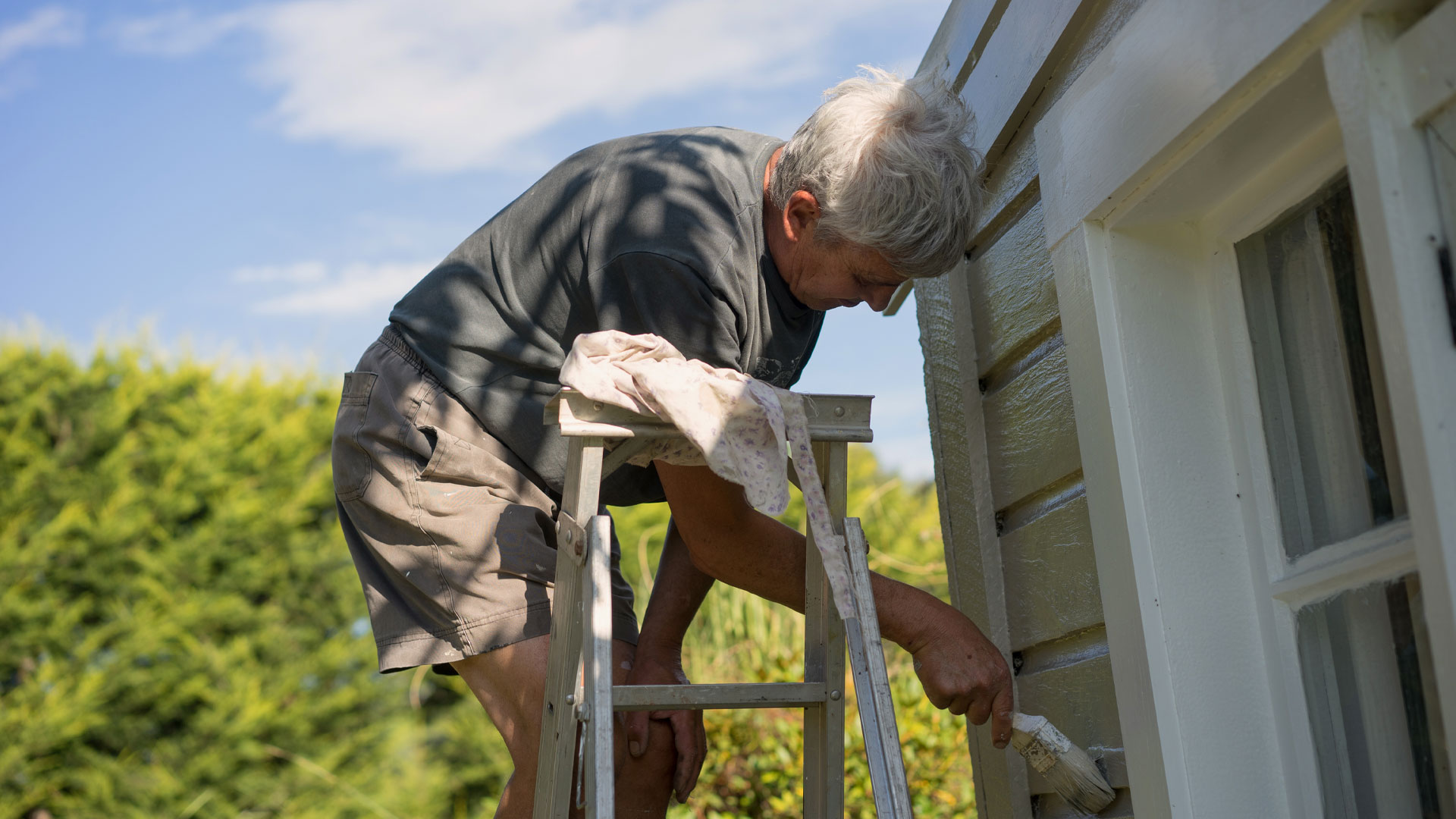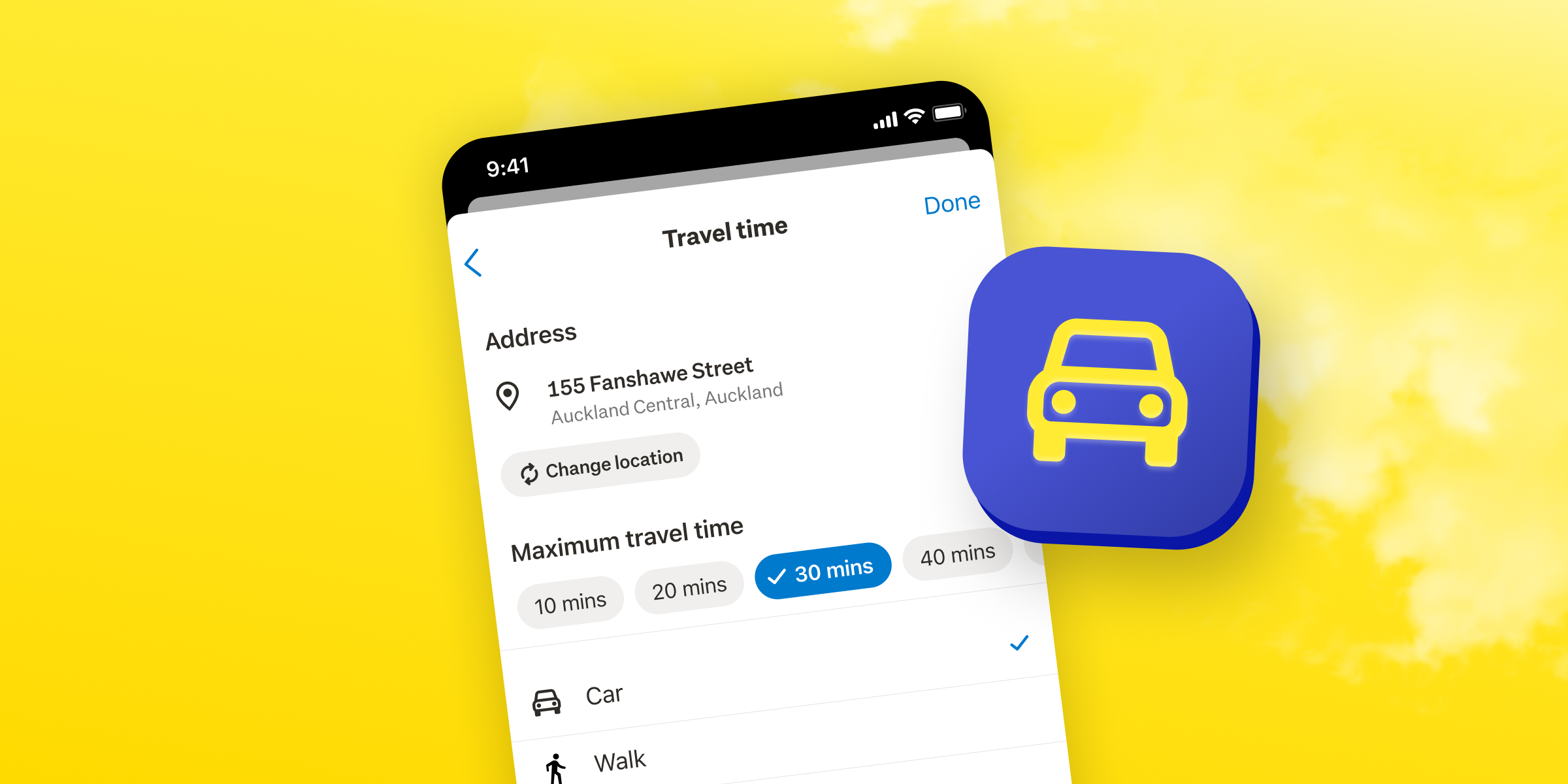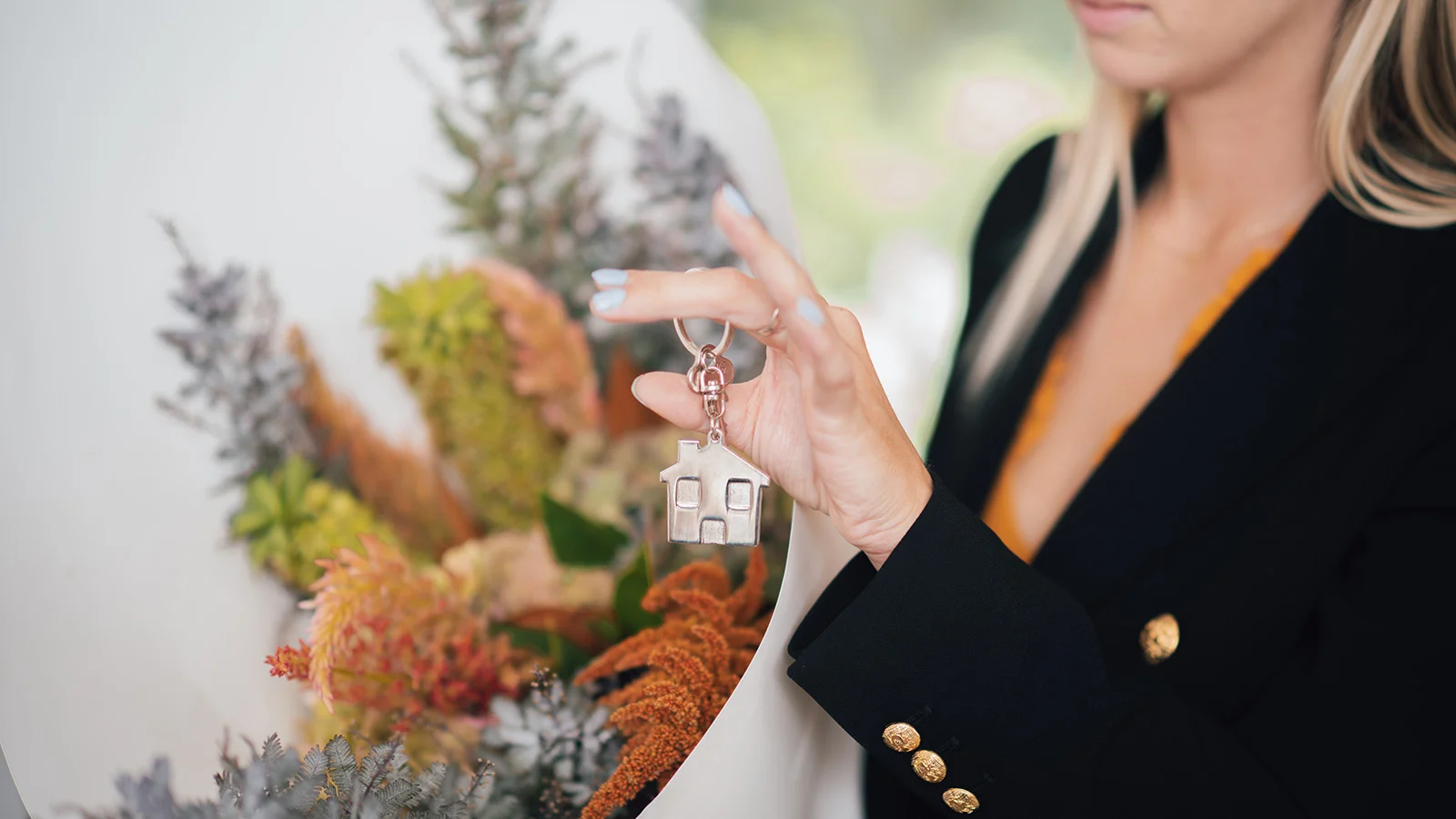Selling guide
Devising your property marketing strategy: an overview
What this means, and what you need to do.
.png)
What is a property marketing strategy?
Professional looking photos and videos are crucial to selling a property.
If you're selling through an agent, you should talk to several about their ideas for potential marketing strategies.
Marketing your home when selling with an agent
Marketing your home when selling privately
Author
Search
Other articles you might like








